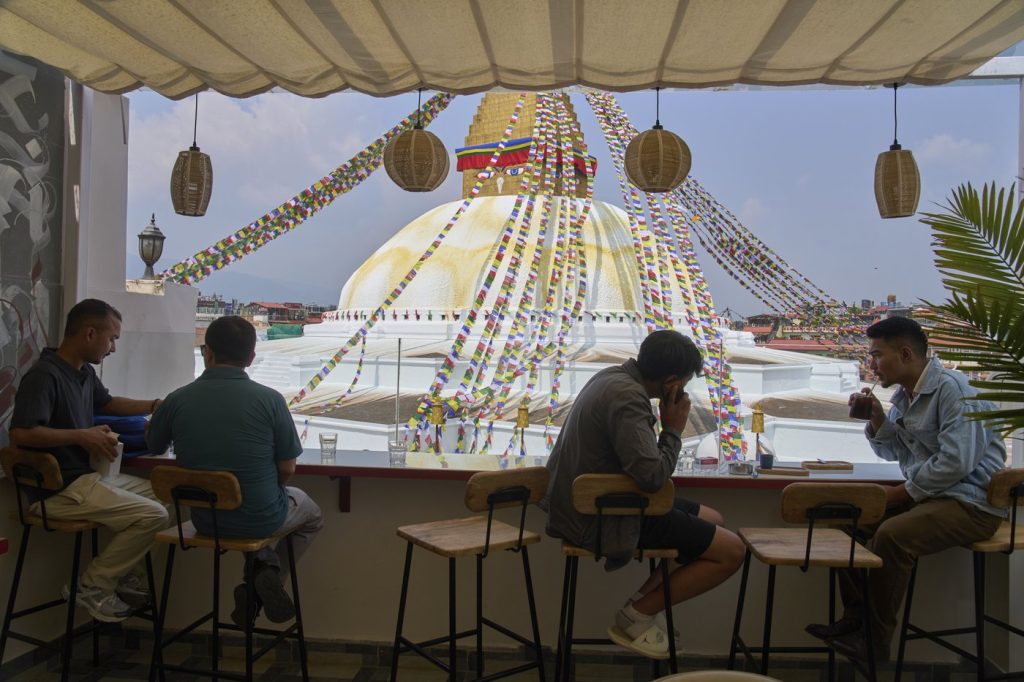KATHMANDU, Nepal (AP) — Coffee has historically faced challenges in finding a strong foothold in Nepal, a country renowned for its tea production and consumption. In daily interactions, particularly in the morning, Nepalis commonly greet one another with the question, "Have you had your tea?" rather than asking, "How are you?" Tea, typically served as a sweet, milky beverage in hot glass tumblers, is deeply ingrained in the cultural fabric of Nepal, akin to rice, and is a staple at homes, meetings, and social events.
Yet, there is a noticeable shift as more Nepalis begin to embrace coffee, spurred by the proliferation of trendy cafes in urban areas. Since the 1990s, interest in coffee has gradually risen, with Himalayan Java, a cafe in Kathmandu, recognized as a pioneer in the field. Founded by Gagan Pradhan, Himalayan Java has expanded from a single location in an alley to a chain with 84 outlets across the country. Pradhan estimates there may be around 7,000 cafes in total throughout Nepal, though major international brands like Starbucks have yet to establish a presence.
Pradhan describes the differences between tea shops and coffee establishments, noting that traditional tea outlets often maintain an old-fashioned setup, typically offering only basic black tea or tea with milk. In contrast, coffee shops present a diverse menu featuring 10-15 hot beverages and an equal number of cold options. He emphasizes that coffee cafes are designed with care, considering not only equipment but also lighting, furnishings, and location. The initial investment for opening a cafe is relatively low, making it accessible for individuals or families, and customers are often willing to pay a premium for coffee.
As coffee gains popularity, it is becoming integrated into the agricultural landscape as well. In the eastern regions of Nepal, known for their iconic tea plantations, coffee farming is beginning to take root. Although the majority of coffee consumed in Nepal is imported, local production is on the rise. According to the National Tea and Coffee Development Board, Nepal produced approximately 400 tons of coffee in the fiscal year 2021-22, which pales in comparison to the 26,000 tons of tea produced. However, there are optimistic forecasts for growth in the coffee sector.
Deep Singh Bandari, a social worker and regular cafe patron, notes that the initial allure of coffee for many was the perception of an elevated standard of living. However, once people sampled coffee, many discovered they genuinely enjoyed its flavor and continued to drink it. The increasing numbers of coffee drinkers among both the young and older generations indicate a fertile ground for this trend to flourish.
Despite coffee's status as a premium beverage in Nepal—typically costing about $2 at Himalayan Java, which is comparable to a meal at a local eatery or the price of five cups of tea—cafes remain vibrant hubs of activity. They attract office workers on breaks and students seeking study spaces, illustrating the growing popularity of coffee in a nation traditionally dominated by tea.
In summary, Nepal's evolving coffee culture reflects larger regional trends across Asia, where coffee consumption is increasing, fueled by burgeoning middle classes eager to indulge in diverse flavors and global lifestyle habits.











